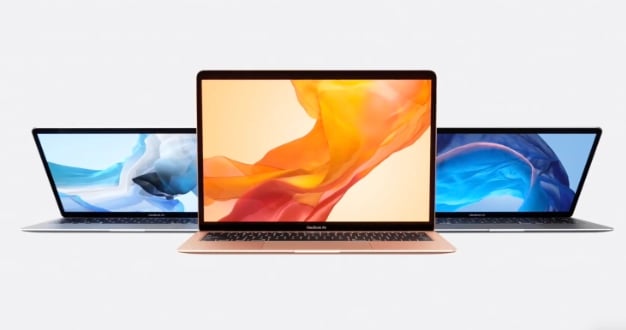Intel Expects Apple Will Shift To Custom ARM Mac CPUs In 2020

A new report from Axios is suggests that Intel officials have privately confirmed to it that Apple will begin making the shift to its own ARM processors starting in 2020. Intel has a lot to lose if/when Apple begins shifting from Core and Xeon processors to its own designs, as Apple is one of its biggest customers. Couple that with the fact that Apple is also rumored to be working on its own 5G modem for future iPhones, and you can see why Intel is probably a bit anxious about a ramp down in orders from its long-time partner.

However, the writing is already on the wall respect to Apple's looming CPU architecture shift. Earlier this week, a separate report indicated that Apple is working on a project called Marzipan that will enable developers to create universal apps that work across Mac, iPhone and iPad platforms using a single binary. Starting this year, Apple is expected to give developers the ability to port iPad apps over to the Mac (iPhone support is expected the following year). Finally, in 2021, the public will be given access to these universal apps that will work across all of Apple's major computing platforms.
Apple already has vast expertise in developing SoCs, as witnessed by its A-Series chips that are used in everything from the iPhone to the iPad to the HomePod smart speaker. Chips like the A12 and A12X Bionic used in the iPhone XS and iPad Pro respectively are known for their remarkable single- and dual-core performance -- even compared to the latest competition from Qualcomm -- and it would be interesting to see how that performance would translate, scaled up to for notebooks and desktops.

After all, Apple would have greater headroom for performance and fewer thermal constraints with a notebook or desktop compared to an incredibly thin smartphone or tablet. In addition, the ARM design could allow for lower thermal output than the x86-64 based processors Intel processors that Apple currently uses. The big question, however, is how will these chips perform compared to the best Core i3, Core i5, Core i7, and Core i9 processors that Intel has to offer -- not just in synthetic benchmarks, but under real-world workloads. That's not even taking into account that Apple would need some seriously stout hardware to take on a 56-core Xeon Scalable beast.
With that being said, any transition from Intel to Apple's own homegrown processors wouldn't happen all at once. We might see the company start at the low-end with the MacBook, then make it way up the product line with the Mac Mini, MacBook Air and then MacBook Pro families. However, this is all just speculation on our part as to what Apple has in store for its future hardware.

